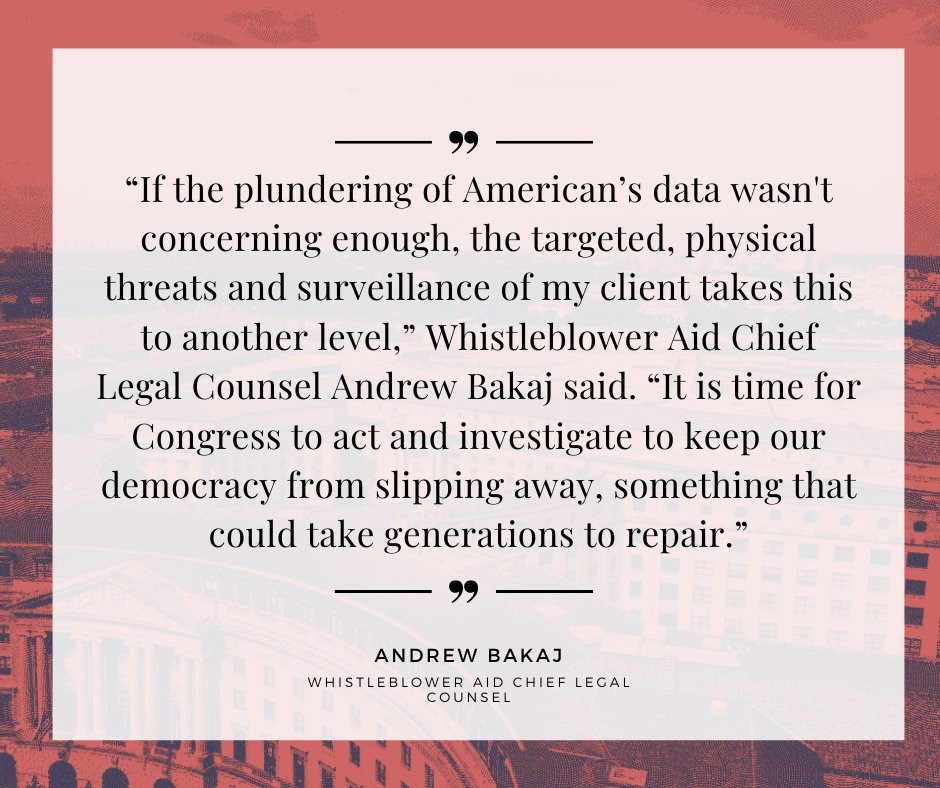
The U.S. National Labor Relations Board (NLRB) has found itself at the center of a major scandal following allegations by a whistleblower claiming that actions taken by the DOGE team led to a large-scale data breach. According to NLRB employee Dan Berulis, the DOGE unit had gained access to nearly all of the agency’s critical information systems.
The organization Whistleblower Aid reported that DOGE’s actions compromised the security of data stored within the NLRB’s network infrastructure. These data, it warned, could now be exploited by hostile foreign states—a development that legal experts believe constitutes a genuine threat to national security.
Particularly alarming is the revelation that shortly after the creation of new user accounts within the NLRB systems—allegedly by DOGE—hackers attempted to access the network using valid login credentials. These access attempts occurred in near real-time, strongly suggesting a direct leak of sensitive information.
Experts fear that the level of access obtained would have enabled malicious actors to completely dismantle the agency’s infrastructure within minutes. Legal analysts noted that the ramifications of such an intrusion could be catastrophic—both from a legal perspective and in terms of national security.
Established in 1935, the National Labor Relations Board is tasked with safeguarding workers’ rights to unionize and engage in collective bargaining. According to Whistleblower Aid, the agency’s systems may contain lists of union organizers, details of ongoing cases, corporate information, and personally identifiable data.
Berulis asserted that the volume of data exfiltrated is comparable to an entire branch of the New York Public Library—one of the largest libraries in the world. The breach, he estimated, could affect hundreds of millions of individuals. He emphasized that the attack on the agency’s information systems warrants an immediate investigation by the appropriate authorities.
Several labor unions have already responded to the incident. Representatives of the Massachusetts AFL-CIO, which represents approximately half a million workers, accused DOGE of attempting to turn the NLRB into a tool of coercion against labor. They claimed that DOGE’s creators act in the interests of powerful corporations and questionable contractors, thereby undermining the fundamental rights of workers.
Moreover, according to Whistleblower Aid, prior to his public disclosure, Berulis was subjected to physical surveillance and received direct threats from high-ranking individuals. The organization’s attorneys have urged Congress to intervene without delay and launch an independent investigation to prevent further erosion of democratic institutions.
At the time of publication, neither DOGE, nor Donald Trump, nor Elon Musk had commented on the accusations directed at them.
It is worth noting that a former DOGE employee recently sent an unencrypted database containing personal information to two officials in the Trump administration—a move that violated U.S. Treasury Department policy. This incident came to light in court documents.
Additionally, the DOGE team reportedly gained access to a vast trove of confidential data from the Consumer Financial Protection Bureau (CFPB). These files include details of law enforcement investigations, corporate financial statements, and even proprietary trade secrets. The exposure of such information could severely damage corporate reputations and affect market positions.
When the White House announced that DOGE would be granted access to systems operated by the Internal Revenue Service (IRS) and the Social Security Administration (SSA), Acting SSA Commissioner Michelle King resigned in protest, refusing to allow DOGE access to sensitive data.
In February, the DOGE department—operating within USAID—became the subject of a class-action lawsuit filed by agency employees, who accused it of unauthorized access to confidential data. The lawsuit alleges that DOGE personnel obtained root access to USAID’s systems, granting them control over the agency’s entire information environment, including security-related databases.


